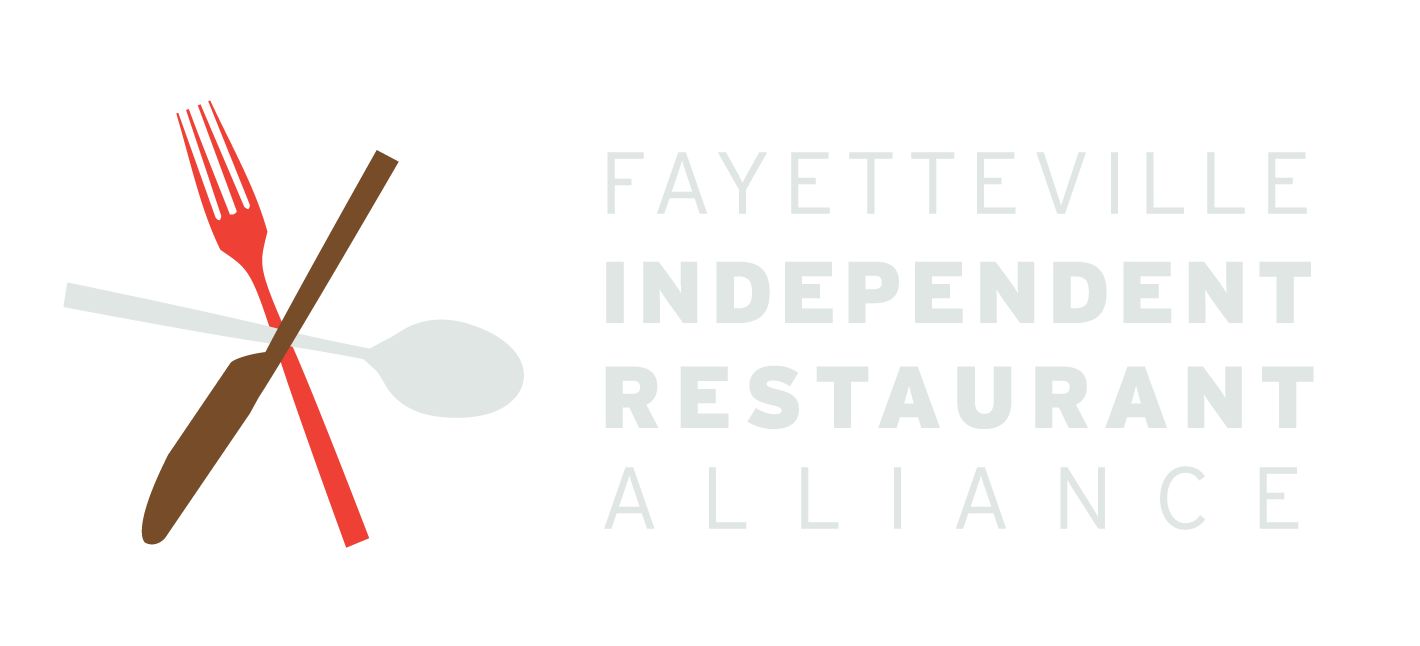Local food industry workers are still recovering from mass job loss during the pandemic.
By: Macy Neal
FAYETTEVILLE, Ark. – She grabbed her keys, purse and phone and started to her car, expecting the average day at work. Madison Fisher, 19, had no idea this would be the last day working at her part-time job for the next couple of months. Her and several other local service workers are still financially recovering from the initial COVID-19 lay off last March.
At the beginning of the pandemic, several food industry workers had their hours cut to a minimum or were laid off, including Madison Fisher, a former University of Arkansas student. Fisher works at Arby’s in Fayetteville and her store was closed when the lockdown order began.
“Losing my job during covid was really stressful because I actually enjoyed working, my friends were there, and I no longer had any income,” Fisher said. “I also felt bad for leaving for months abruptly without even a proper goodbye and it wasn’t even my choice.”
Fayetteville is filled with fast food joints, restaurants and the well-known bars on Dickson Street. These places provide jobs for students looking for part time work and are the only source of income for many people, on and off campus.
When businesses started to re-open, many changes had taken place. Mask mandates, curbside pickup, capacity limitations, and reduced hours added onto the already stressful situation that COVID-19 had caused. Even though people were getting back to work, the financial strain was still there.
“I was scared I wouldn’t be able to get my job back when things got better. My hours now are very different, I work much later than I used to, whereas before I would be off by 9 p.m. most days,” Fisher said.
Even when the job conditions aren’t ideal, many workers don’t have a choice but to stay where they are instead of searching for something else. Job security in a time like this is hard to find, so staying is the only safe option, regardless of consequences.
“This definitely affected my education and I’m even dropping out now. In my experience it’s easier to stay with this job than to find another when everyone is searching for work. But, money is money so I can’t complain too much,” Fisher said.
Madison Fisher in her work uniform. This was taken this week, with the mask-mandate in place. Courtesy photo from Fisher.
To combat this, local restaurants joined together and created a non-profit to help these hospitality workers in need. This organization is called the Fayetteville Independent Restaurant Alliance. (FayIRA for short) They help pay rent and utilities after workers file an application, and the community has donated money to help out with this mission. Restaurant owners could see the job loss first hand and wanted to help out in any way they could.
“With occupancy restrictions, and limited hours available in bars and restaurants, many workers in our industry are working for half or less than half of what they were a year ago,” said Hannah Withers, a board member of FayIRA and owner of Maxine’s Tap Room.
FayIRA member dropping off funds to the post office. Individual applicants will receive funds based on their needs. Photo courtesy of FayIRA’s Instagram.
FayIRA has disbursed $36,403.24 since March 30 of 2020, and hospitality workers like Fisher can still apply for these funds to help them catch up. FayIRA uses it’s Instagram account (@fayettevilleira) to lead locals to their website where they can find the application and other job opportunities.
With no immediate end in sight from the affects covid has had on food industry workers, organizations like FayIRA can be a step closer to the “normal” we once had.



